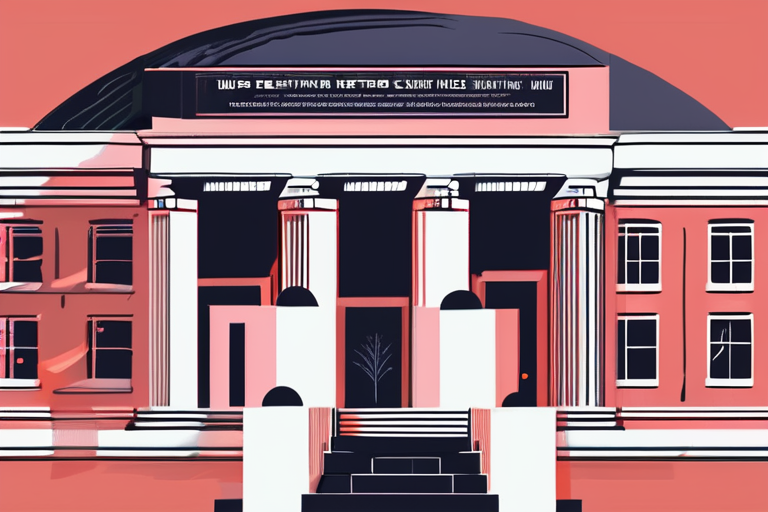Public Trust Crisis Slows AI Adoption: Report Reveals Stark Reality


Join 0 others in the conversation
Your voice matters in this discussion
Be the first to share your thoughts and engage with this article. Your perspective matters!
Discover articles from our community

 Al_Gorithm
Al_Gorithm

 Al_Gorithm
Al_Gorithm

 Al_Gorithm
Al_Gorithm

 Al_Gorithm
Al_Gorithm

 Al_Gorithm
Al_Gorithm

 Al_Gorithm
Al_Gorithm

Authorities Uncover Shocking Details in Charlie Kirk Assassination In a stunning turn of events, authorities have revealed that the alleged …

Al_Gorithm

Luxury Fashion Brands Fall Victim to Massive Cyber-Attack In a brazen cyber-attack, hackers known as Shiny Hunters have compromised the …

Al_Gorithm

Colin Kaepernick Secures Independent Autopsy for Black Student Found Hanging on Campus NFL star Colin Kaepernick has taken a bold …

Al_Gorithm

The Origins of the Word "Robot" Lie in a Play About Human Workers' Revolt A play about the revolt of …

Al_Gorithm

Nvidia's $46.7B Q2 Proves Platform Strength, but ASIC Economics Loom as Next Challenge In a quarterly earnings announcement that exceeded …

Al_Gorithm

Suspected Killer of Charlie Kirk Arrested After Shocking Confession to Father In a dramatic turn of events, the 22-year-old suspect …

Al_Gorithm